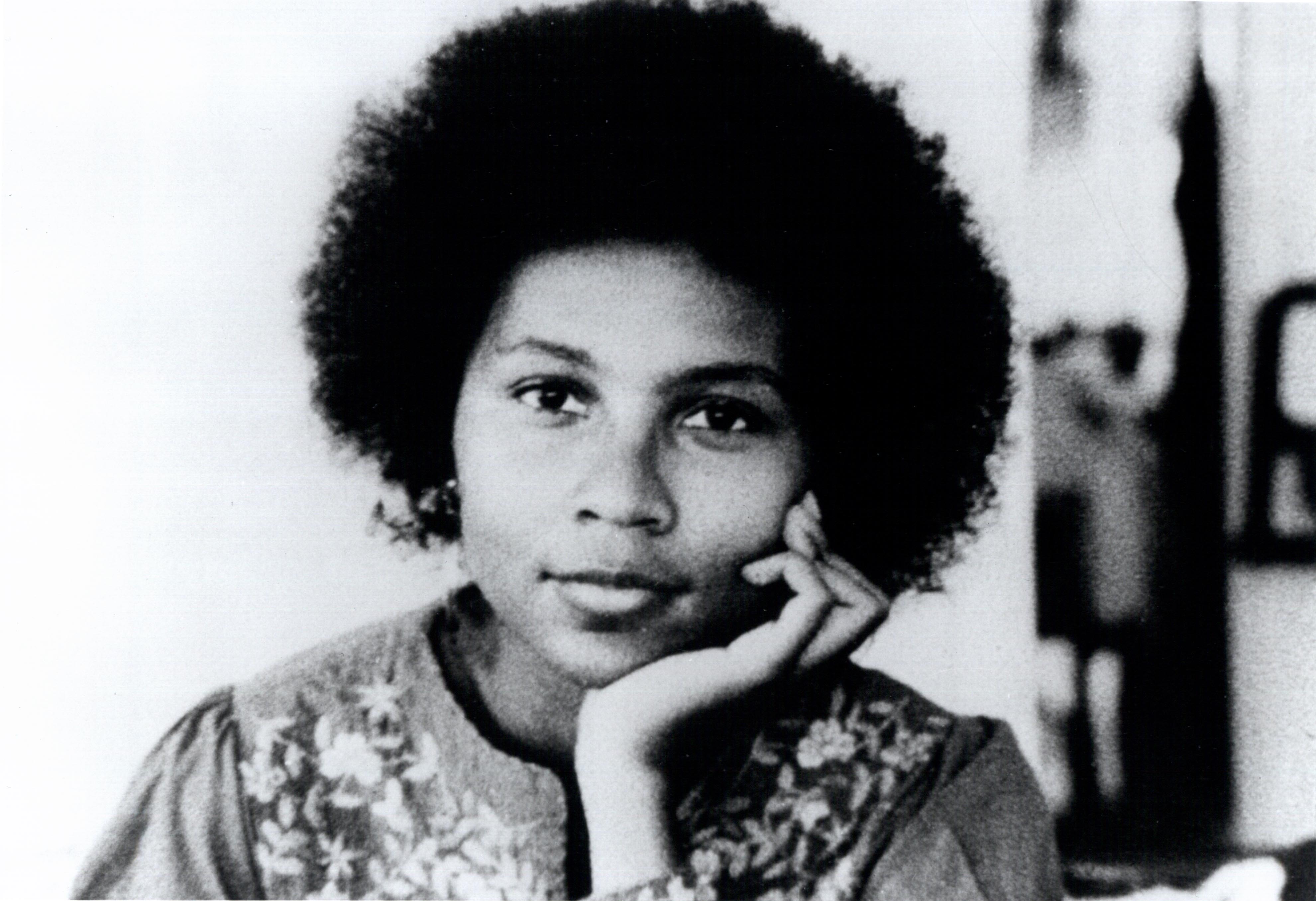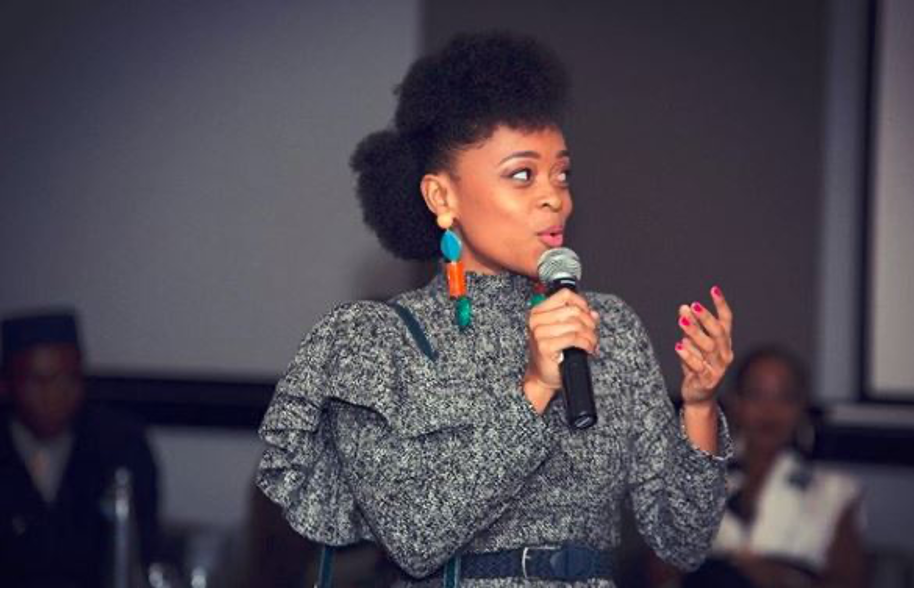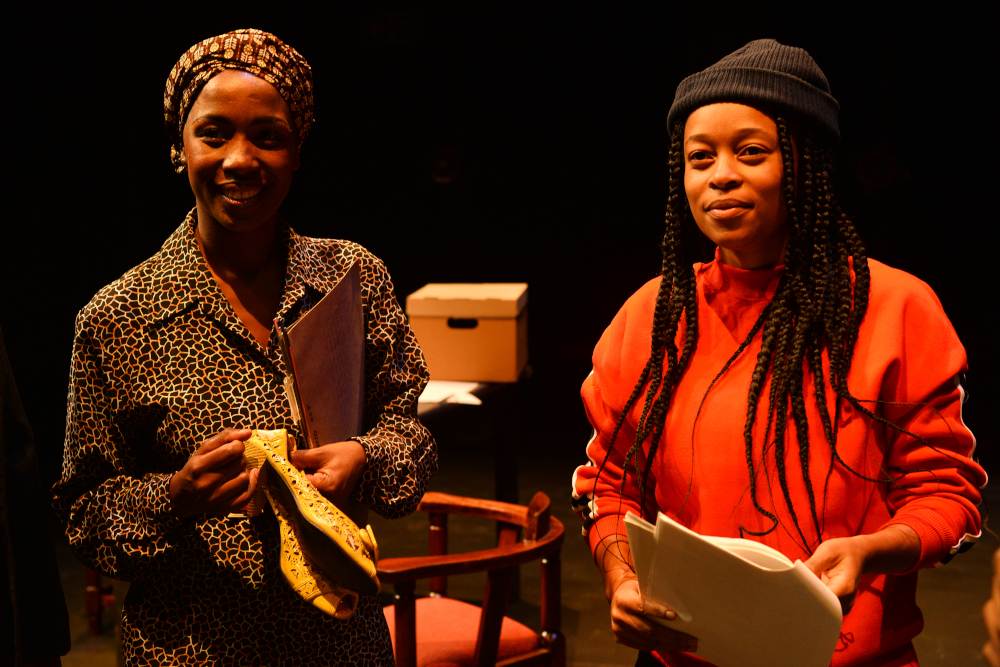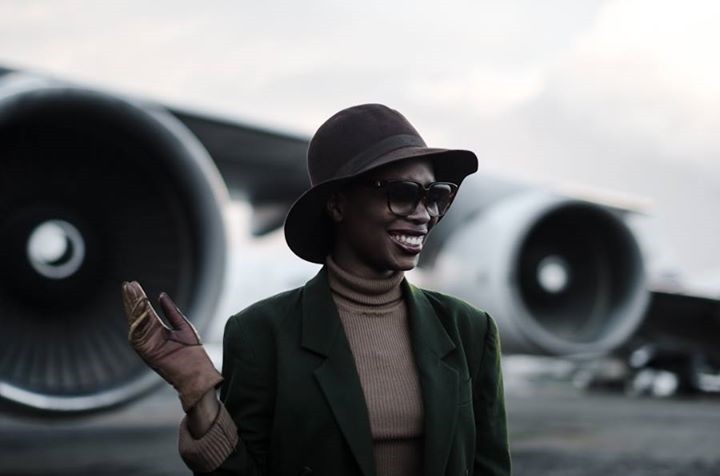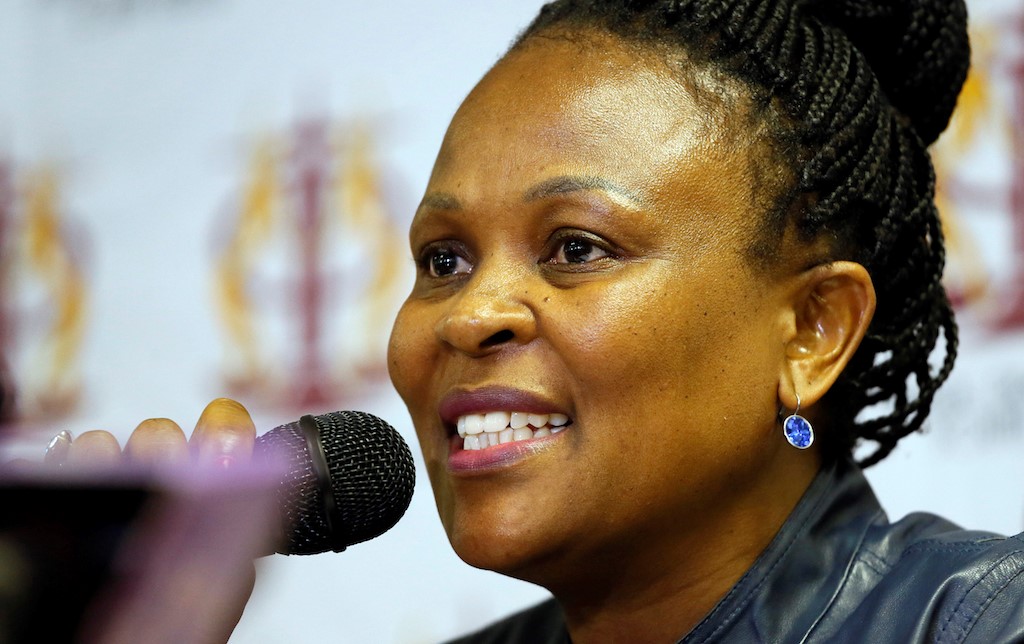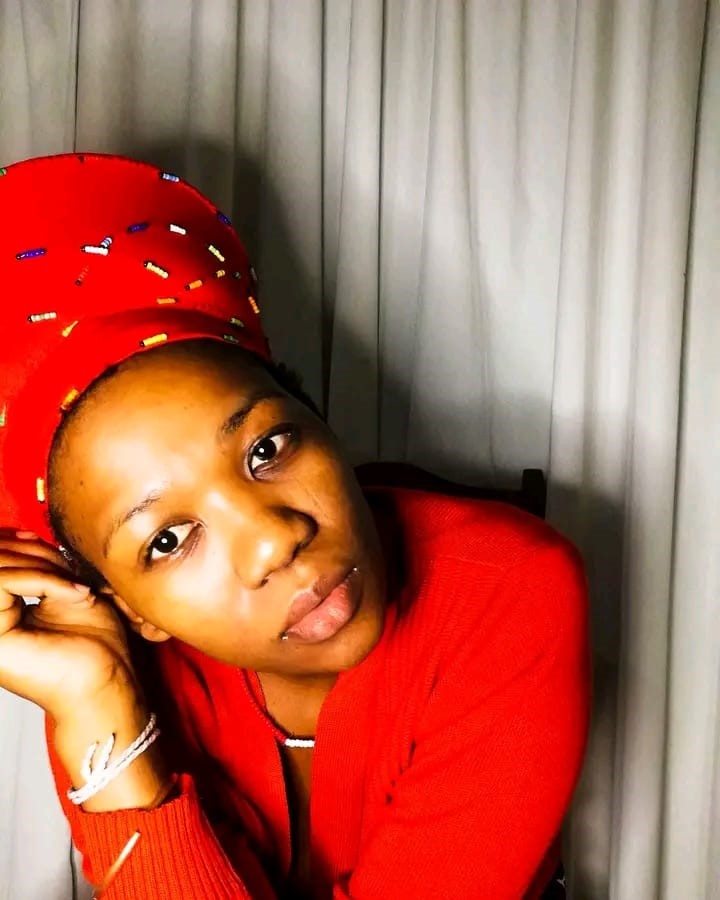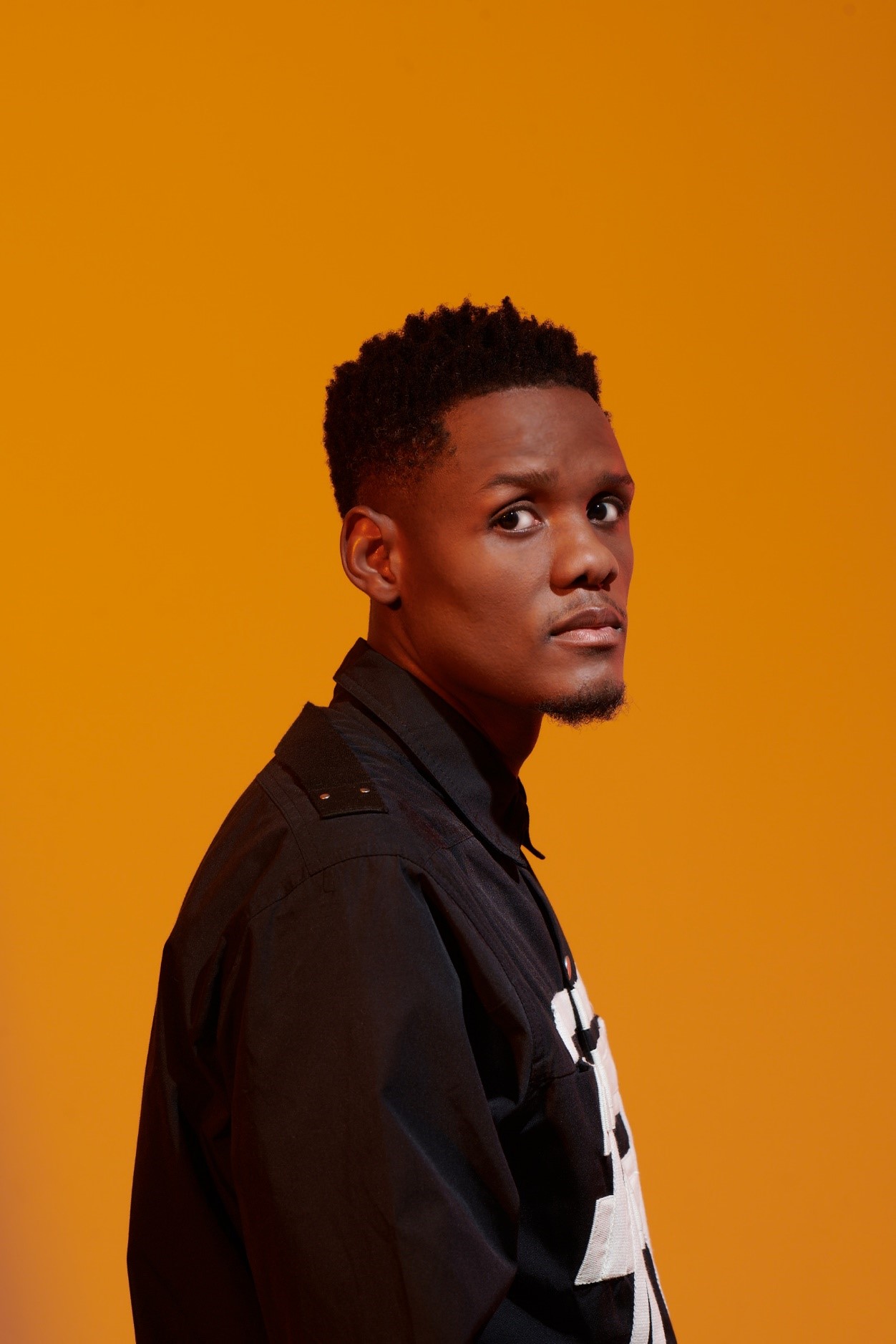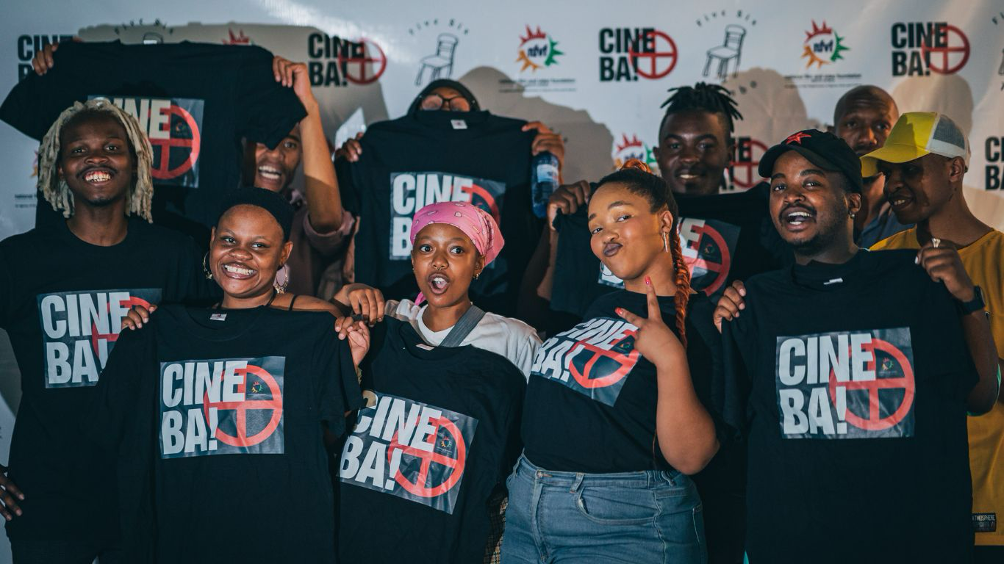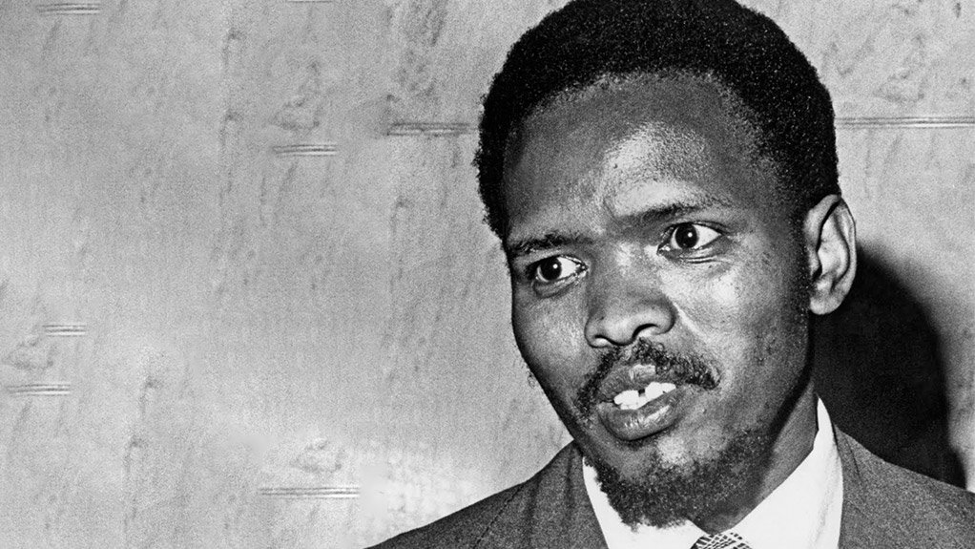In their article, Wrestling with Intersectionality, the Mpemnyama siblings make an unsubstantiated claim that, “at the core of radical Black Power politics, is an intersectional outlook”. They justify their argument - which undermines the work of Black feminists such as Bell Hooks, Pumla Dineo Gqola and Joy James - by elaborating that, “Black radical politics are essentially about reimagining and remaking our power relations within the black community, thus ridding it of the internalized oppressive ways in which it violates its members”. In reality, when one scans over the historical and contemporary narratives on what it means to suffer as a Black person, one finds, within Black liberation movements and outside of them, a disproportionate emphasis on the suffering of Black men in particular. Oftentimes, the very conception of freedom for the Black community is articulated as the restoration of a lost Black manhood in addition to other forms of loss suffered by Blacks such as the loss of land and labour.
In the archives, the real targets of racism and its attendant violence are presented as Black heterosexual men, while the narratives of Black people who do not fit this identity, occupy the margins. It may be tempting to suggest for instance, that when Black Consciousness Movement leader, Steve Biko says that the first step towards building Black solidarity is, “to make the black man come to himself; to pump back life into his empty shell; to infuse him with pride and dignity” he was only hamstrung by a foreign language in which he had to settle for approximations of what he really meant. However, the recurrence of the centralisation of Black men’s suffering throughout Black liberation movements within the African Diaspora warrants analysis. What is it that would compel author and Civil Rights Movement activist, James Baldwin to claim, from the other side of the world that, “the only real crime is to be a Black man?”
It was this erasure of Black women’s pain as a result of slavery and its aftermath that raised the ire of U.S Black feminist, Michele Wallace who took exception to reflections on slavery foregrounding the lynching of Black men, for instance, while there was largely silence about Black women being raped. Although Hooks is critical of parts of Wallace’s work, she does share a similar critique which she extends beyond liberation movements to institutions of knowledge production. She argues that, “sexist historians and sociologists have provided the American public with a perspective on slavery in which the most cruel and dehumanizing impact of slavery on the lives of Black people was that Black men were stripped of their masculinity”.
The devaluation of Black womanhood through rape and other strategies of degrading Black female bodies and bodies that fall outside of the gender binary is only a footnote. It is therefore no coincidence that the rallying cry of the Black Consciousness Movement in the 1970s was, “Black man you’re on your own”. But if the violence of white power is indiscriminate which it is, and ultimately couldn’t care less whether you are a woman or man, of whatever sexual orientation, able-bodied or not, of a fair hue or are as dark as the night, why is it that the Black heterosexual man is foregrounded as the most afflicted of victims?
In one paragraph, the Mpemnyamas are at pains to remind us that ALL Black people are victims of racism, and yet further down their text claim that, “In the imagination of a white supremacist world, black people (black men especially) already assume a subhuman and inherently violent status…So when black men kill and are killed indiscriminately by the state and themselves it goes unnoticed.” (Italics mine). The “ALL” is captioned by the siblings so that none may have the excuse of having missed it but then they somehow position Black men as the most victimised of victims, more subhuman than everyone else yet there is no basis for this claim. This is not to deny that Black masculinity is pathologised and represented as the epitome of violence in the popular imagination, but if we take the “ALL” that the Mpemnyamas emphasise seriously, then we must commit to an understanding of the varying and particular ways in which Black people suffer as a result of the different subjectivities they occupy. Besides, it is not as if Black children, for instance, are spared police brutality, for instance, because children are supposedly innocent and harmless. As Black people, we are all fair game whether it is police brutality or more structural forms of violence even if we are differently affected.
Black men’s suffering is repeatedly elevated because as much as white violence is indiscriminate, white supremacist patriarchy informs the power relations within the Black community which renders Black men’s suffering more visible. This thinking is so pervasive that even some Black women have internalised it. It is not rare to hear a Black woman talking about anti-Blackness saying, “The Black man this…the black man that”, thus effectively erasing her own claim to suffering and therefore liberation. Prioritising Black men’s experiences over everybody else’s has implications for Black liberation movements and who they imagine to be the subject needing to be liberated and from what. It influences the ways in which Black women’s contributions towards Black liberation are disremembered and how their demands for sexist oppression to end within Black spaces are often dismissed.
The concept of intersectionality is crucial because it counters this erasure by insisting on an understanding of power relations that places Black people along “multiple axes of marginalised identities” informed by class, gender, sexuality so that all positionalities are made visible rather than merely those of the “privileged” within the Black community i.e. Black heterosexual men. Of course the idea that anyone who is Black is “privileged” in any way within an anti-Black world has no basis but there is no denying that patriarchy, class, heteronormativity, able-bodiedness give some Blacks access to power albeit relative power.
Although Crenshaw used intersectionality primarily to make Black women’s subjectivity visible, the concept is available as a theoretical tool to centralise the narratives of all marginalised people within the Black community so that when we say “ALL Black people” are affected by white power, we don’t subconsciously mean, Black men, as the Mpemnyamas insinuate. Also, it gives us an opportunity to recognise internal hierarchies and challenge them. To point to the killing of Black lesbians is not to claim that they are murdered more than anybody else, but to highlight the violence of heterosexism within our communities and change this reality. The insistence on intersectionality as a guiding ideology within the Fees Must Fall and Rhodes Must Fall movements has been precisely about that.
Having established that power is structured in ways that advantage Black masculinist discourses within liberation movements and Black society at large, it may be worth dedicating some time to the scholarship that the authors reference through Hortense Spillers. Spillers is amongst many Black feminists who have questioned the usefulness of gender as a category applicable to Black people. For instance, Zine Magubane, argues that the very concept of gender, which is at the core of white feminist thinking “had an exclusionary racial impulse written into it at its very inception” and that “the masculine and feminine states of being to which the concept referred were already and inherently coded as white and in opposition to blackness”. While Magubane does not dismiss gender as a concept, she does implore us to understand its historical context and the impact this has had on Black people.
The idea that gender had racial implications from the beginning is supported by white German feminist, Sabine Broeck who traces the roots of the emergence of modern white feminist thinking and reveals at the centre of the white feminist imperative, was a desire by white women to distance themselves from the social position of Black slaves through the feminist credo of "we shall not be slaves". Put simply, the roots of the white feminist movement in the U.S. can be traced back to a moment when white women wanted to distance themselves from slaves when they realized that their oppression under white supremacist patriarchy pushed them dangerously close to the position of the wretched of the earth. The point of this work is to argue that gender as a category of differentiation depended on the existence of the Slave and whatever gains have been made by the white feminist movement, have been used “to further entrench white supremacy” as Magubane explains.
Spillers understands modern discourses on Blackness through the experience of slavery which reconfigured Black subjects as objects and argues that the objectification of the Black female as a result of slavery renders her “ungendered” female flesh because where captive bodies are concerned (slaves and by extension Blacks in the contemporary), “relatedness between human personality and its anatomical features, between one human personality and another” collapses. In other words, gender as a category of analysis is misplaced on Black people because their emergence in modernity, through the process of slavery, has been defined by their thingification as property or non-beings rather than as sentient beings with accesses to subjectivities such as being a worker, a gay, a woman or man. This difficult terrain is easier to negotiate once one accepts her proposition that essentially, our gender differentiation from the point we enter as Blacks in modernity was irrelevant. Lest she be misconstrued as suggesting that Black women are not oppressed within the Black community, Spillers adds the following disclaimer: “I am not addressing the Black female in her historical apprenticeship as inferior being, but rather the paradox of non-being. Under the sign of this particular historical order, black female and black male are absolutely equal”. In a context where Black women’s scholarly labour on the question of gender is deliberately distorted, by the likes of the Mpemnyamas in order to crowd out space for radical Black feminism, her disclaimer is important. In no way does her work and other Black feminists who question the universality of concepts such as gender and patriarchy dismiss the impact of homophobia, transphobia or misogyny within the Black community.
Spillers’ work is supported by a leading scholar of Afropessimism, Frank Wilderson, who argues that Black people are not oppressed within the Human (read: White) family but rather excommunicated from it because the process of slavery has turned them into mere objects, property that can be used and dispensed with in whatever ways. As Blacks, we may possess all of the qualities that, at least biologically, make us part of the Human species but we are structurally positioned as existing outside of it. Whatever claims one might make about not being a monkey, a nigger or a kaffir, ALL Black people exist within the “zone of non-beings” in which the world treats them as such, regardless of how they imagine themselves. This is why, for instance the deaths of nearly a million Rwandans during the 1994 genocide presented no real crisis for the White world because those dying like flies, may as well have been. Just recently, in his much publicised speech at the African Union, President Robert Mugabe made a plea to Secretary General of the United Nations, Ban Ki Moon to tell Europeans that as Black people, “we are not ghosts”. The point is, our structural relation to the world is such that, we are not exactly dead but we are not counted amongst the living either. Yes, our veins pump blood and we have the capacity to carry the spectrum of human feelings but we are positioned as existing outside of Humanity.
Let us return to the quote above by Biko in which he talks of the Black man needing to pump life into his empty shell. Here we see the dilemma that the Black Power and Black Consciousness movements have. On the one hand Biko’s intuition that we are empty shells i.e. mere objects hints at Wilderson’s argument but for him what has been lost and needs to be restored is “manhood” rather than a sense of being. Throughout Black power discourses one witnesses this dance between a subject who has lost “his” manhood within the Human race and an object who has lost “his” very place within it, a thing haunting the borders of Humanity with a silent and incomprehensible scream, “Tell them we are not ghosts!” Even though Caesarine Kona Makhoere, a Black woman who was imprisoned for six years for her involvement in the 1976 uprising, was not necessarily in conversation with Biko, I want to place her much less known words side by side with his. Reflecting on the treatment of Black people in this country, she said:
“You know, they treat us as though we are not human, as if our mothers just picked us up off the trees, like picking a fruit. The way they treat us, you would think our mothers never felt the pain, that they did not suffer at all bringing us up. For them it is only whites in South Africa whose parents care when they brought them into the world”.
Both Biko and Makhoere here are pointing to what Wilderson considers to be the essence of what Black loss is founded upon, not the loss of land, labour or manhood but the loss of being in which we are either empty shells needing life to be pumped into us or fruit picked callously off trees. But how do shells, trees or ghosts communicate to the world in a way that is comprehensible? Wilderson argues that “the Black can only meditate on, speak about or act politically as a worker, as a postcolonial, or as a gay or female, that is a Human subject – but not as a Black object”. And this is the challenge for us all. How do we understand our structural positionality as Black people rendered objects, a position which is an ‘equaliser’ according to Spillers and the fact that within this very “zone of non-beings” there are horizontal hierarchies or “multiple axes of marginalised identities” that Crenshaw refers to? How do we make use of theoretical tools such as Afropessism without negating the experiences of the marginalised within the Black community thus leaving internal violence unchecked?
It’s a delicate balancing act and one must tread on the walking rope with care because it is too easy to reference this crucial scholarship which describes our collective existential position as Black people in the White world and then have Black men slip through the back door as the most victimised. It is very common to hear supporters of this scholarship making claims like, “The Black man is not a man” in order to excuse misogyny but we ought to be able to maintain understanding of the idea of Blacks as property denied selfhood without dismissing the violence that structures internal relations or worse, suggesting that resistance against it is part of an anti-Black agenda led by a phantom white liberal feminist movement as the Mpemnyamas seem to do.
And I’m hardly surprised that this would be their instinctive position for although they now congratulate the Fees Must Fall movement for dealing adequately with the #RapeAtAzania house, there was a time when they had an opportunity to raise their own voices within a Black leftist movement, the September National Imbizo, and failed to do so. While a three month long debate on the question of sexism within the organisation hinted at the revolutionary possibilities than can be achieved through Black solidarity, soon after, it was followed by a dark moment of fascism. One Black woman member was punched by a male comrade in the face while another woman was held hostage for hours by a male comrade as he attempted to break her door down following an altercation. Both the women comrades were expelled and there is no social cost that the men suffered within the organisation that I am aware of. At the time that these incidents played out, the Mpemnyama siblings were silent and in fact supported the perpetrators. It is hardly surprising therefore, that their poor cut and paste job masquerading as analysis of intersectionality in the current insurrectionary moment is used in the service of marginalising resistance against sexism within Black spaces.
This is not to say that all responsibility lay with them alone. It didn’t because they were not the only ones who were unprincipled enough to say nothing. My point is, if in a Black liberation movement violence visited upon those who are marginalised presents no crisis for the organisation because of the claim that we are first and foremost victims of racism, then we should understand such views for what they are: silencing mechanisms that seek to preserve Black liberation movements as enclaves of patriarchy. These are divisive and destructive tendencies which dilute the project of liberation for all.
This is exactly the kind of sexist politics that Assata Shakur, whom the authors seem to idolise, challenged within the Black Panther Party as she fought for the total destruction of white supremacy. And we can do this while we recognise that radical Black liberation movements, especially, are represented in academia and in the public imagination as more misogynistic than the average. But this cannot paralyse us to a point where we justify doing nothing about internal violence. Without descending to Tyler Perryesque type narratives of Black male violence which do not place Black men within a context of white supremacist violence, we can call on Black men to account for their violence against Black women and drum in the fact that as much as Black men are not the enemy neither are Black women. Only then can we do the work of redefining Black womanhood and manhood for ourselves as Audre Lorde once suggested. Her response to James Baldwin on this very question is worth quoting here.
There is a larger structure, a society with which we are in total and absolute war. We live in the mouth of a dragon, and we must be able to use each other’s forces to fight it together, because we need each other…I do not blame Black men for what they are. I’m asking them to move beyond…We have to begin to redefine the terms of what woman is, what man is, how we relate to each other.
If our struggle is truly driven by principle, solidarity and love then what Lorde is saying is not difficult to understand. Unlike the Mpemnyamas who claim that Black Power movements are inherently intersectional, I wish to echo the cry from the many Black feminists and Black gender non-conforming activists within the Fees Must Fall and Rhodes Must Fall movements that “this movement will be intersectional or it will be bullshit”.
Ncebakazi Manzi is the co-founder of the Nzinga Collective, a Black Feminist and Black Consciousness organisation.

